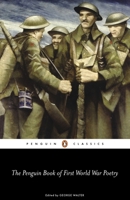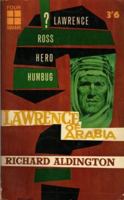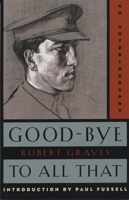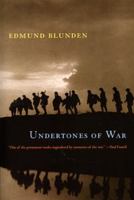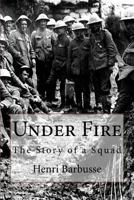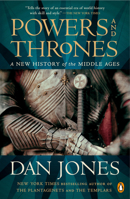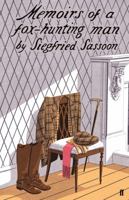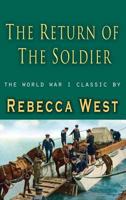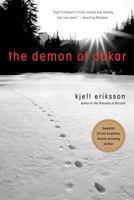Aliens : Tribes
(Part of the Aliens / Predator / Prometheus Universe Series)
Select Format
Select Condition 
Book Overview
You Might Also Enjoy
Customer Reviews
Rated 5 starsPreety to Mean with a Gloss Coated Sheen
An facility floating amidst the far reaches of space is filled to the brim with Aliens that are, by and far, not happy to give it up. Since the station is important there is an unwillingness to abandon it, leaving only one option - you have to find someone that things like the Aliens to bring the Aliens down. This leads to problems, of course, because what really happens when you start to employ something worse than the things...
0Report
Rated 5 starsit's a book
From the moment i opened the cover, i was sucked into a story that gripped me and kept me on the edge of my seat. the story retains the sorrowful human detachment in the face of over-mechanized society the movies Alien3 and Resurrection had, with the commando grunt feel of Aliens. if you like simplistic writing of a comic-like set up that requires pictures to tell most of the story, don't pick this up. but if you enjoy a good,...
0Report
Rated 5 starsExcellent writing with even better art work.
The writing on this graphic novel/book is very good, and the artwork is some of the best I have ever seen.
0Report













